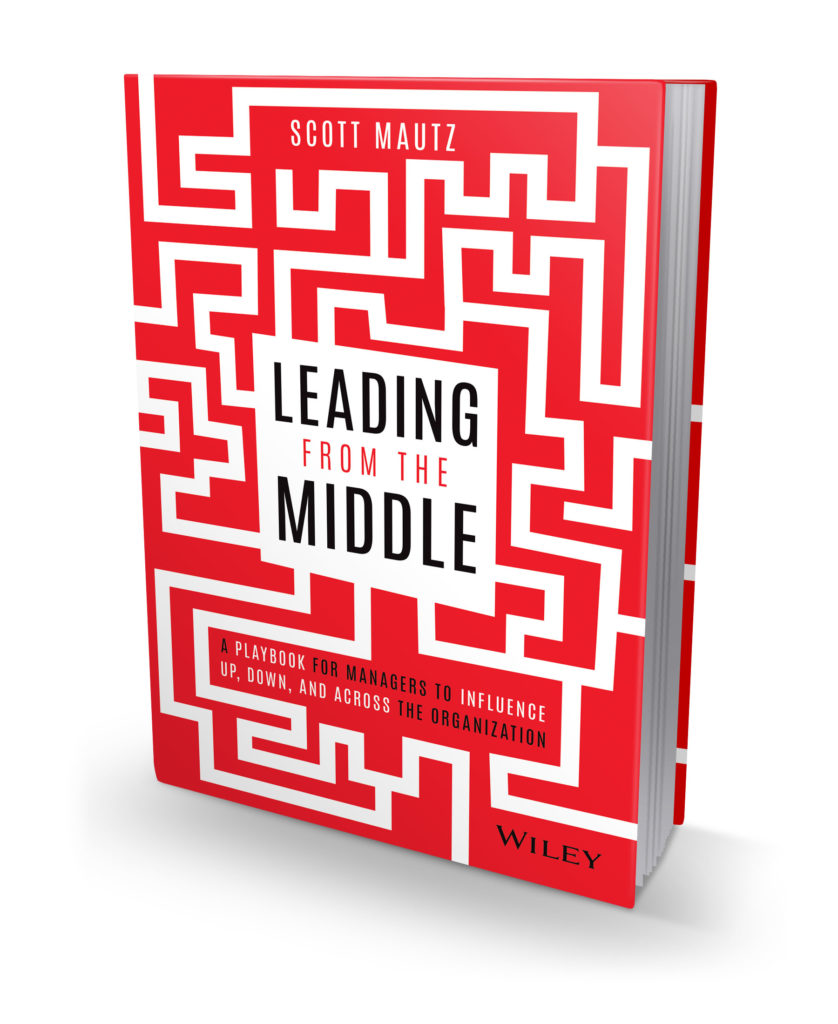
In 2019, The World Health Organization published its latest International Classification of Diseases and labeled workplace burnout a medical diagnosis. Since we went to a remote work world, research shows burnout is becoming even more commonplace, despite the reduction in commute time and all the benefits that come with having more flexibility in your work life. The reason why is probably screamingly obvious to you, and it’s not the point of this article. But I’ll say it anyway; we have a hard time shutting off work when we work at home. The lines between work and home have blurred more than ever.
Much has been written on how to help ease the burden of working from home, including advice to create a distinct work space (that’s only for work) and walking away from it at a set time, setting boundaries with family on when you can be disturbed (or not), prioritizing self-care, and turning the camera off for at least half of Zoom calls to lessen the pressure of being “on” all day every day.
But here, I want to focus on research-backed classical causes of burnout that can be forgotten in all the headlines that working from home is getting these days in terms of causing burnout.
If you’re feeling burned out of late, or suspect that your employees are, look past the remote-effect and ask yourself the following four questions, which I discuss in my new book, Leading from the Middle: A Playbook for Managers to Influence Up, Down, and Across the Organization.
1. Is it too much work?
Yup. Plain and simple, do you have too much work on your plate? I know, you’re thinking, “Well, yeah, but so does everybody. I don’t want to come across as a whiner.” Understood. But you don’t have to whine, there are ways you can still win.
This is about your burnout expanding as your workload does. Often, it happens when you say “yes” too often to requests for more work. Believe me, I get it–I’m a recovering people-pleaser.
You can still say “yes” in spirit while saying “no” out loud. When you find yourself in this situation, show that you understand the work request, display empathy for the situation, and offer an alternate solution that doesn’t involve you taking on yet more work, personally.
You can also come from a place of accountability, showing that if you take on the new work, other important pieces of work will suffer. You can even show it visibly on a work plan.
Finally, you can also work off three dimensions: time, resources, and scope. Get more time to complete the work request, reduce its scope, or get more resources to help you.
2. Is it the wrong work?
Are you working on the wrong things? Things out of your job description, low priority things that were someone else’s urgent, things dumped on your plate without thought, or things that you were “voluntold” to do, way outside your scope? Time for a discussion on role clarity and ensuring you and your boss are on the same page for what’s expected of you and what work is truly within your responsibility.
There’s no easy way around this one. Burnout has no chance of abating if you’re not debating what you should be spending your time on.
3. Are you getting the wrong response to your work?
Burnout comes from feeling underappreciated and/or from continually running into unreasonable restraints, barriers, or toxicity in trying to get your work done.
Take time to make your accomplishments visible to your boss and enlist them to proactively bust barriers for you. That’s what your boss is there for. They are there to lend their expertise and experience to see around corners for you and ease your path. Not asking for help is what makes you seem weak.
4. Do you have unrealistic expectations of your work?
I run into this one all the time with high achievers. They take on a “I can, and must, do everything” mentality. This is about setting realistic expectations and boundaries for yourself.
If perfectionism is an issue for you, consider the corrosive impact your perfectionism is having on the total project. If fear of rejection or criticism comes into play, practice getting good at “good enough.” And stop overestimating the negative impact of imperfection.
You get the idea. The expectations we set for ourselves are often higher than anyone else would expect us to live up to.
So, whatever form of hybrid work lies ahead, whatever mix of at-home and in-office, keep in mind these classic causes of burnout—and snuff them out in advance.
Exciting News! – You Can Now PreOrder My Book, already an Amazon #1 BEST-SELLING new release in Management Science!

Leading from the Middle: A Playbook for Managers to Influence Up, Down, and Across the Organization (publication date is May 18th, 2021). Order here https://amzn.to/3as5tK8 OR… Get a massive BONUS BUNDLE by ordering 5 or more copies here: http://lftm.bulkbooks.com/ Check out a detailed book description here: https://bit.ly/2MLe5Do




Leave a Reply